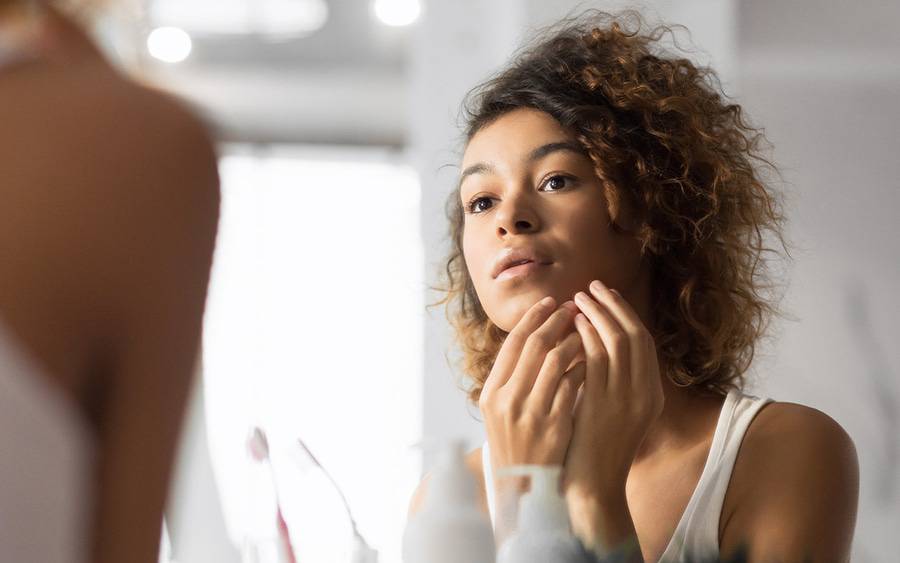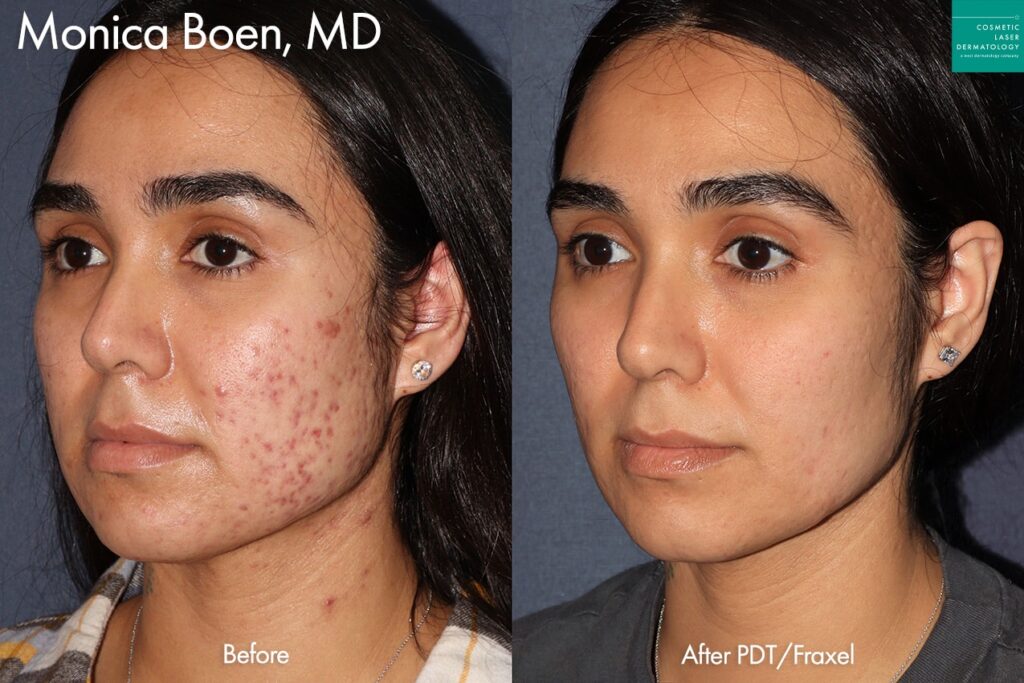The Effect of Skin Problem on Confidence: Reliable Methods for Treating Acne Marks
Skin conditions, especially acne, can exceptionally influence a person's self-esteem, typically developing obstacles to social interactions and personal expression. Comprehending exactly how these strategies can foster confidence may reveal vital understandings right into all natural care strategies that empower individuals to accept their skin and improve their general top quality of life.
Emotional Results of Acne
Acne, a widespread skin problem affecting millions worldwide, can have profound psychological effects on individuals. The visible nature of acne commonly brings about substantial psychological distress, consisting of sensations of embarrassment, low self-confidence, and social withdrawal. Lots of people with acne might experience anxiousness, specifically in social scenarios, where they are afraid judgment or negative assumptions based upon their skin problem.
Research study suggests that the mental influence of acne can be as debilitating as the physical signs and symptoms, adding to clinical depression and body dysmorphic problems in some instances - acne treatment for sensitive skin. Teenagers, who are frequently more delicate to peer viewpoints, may be especially at risk, causing harmful effects on their social communications and academic efficiency
Additionally, the stigma associated with acne can worsen feelings of seclusion, as individuals might view themselves as less appealing or socially acceptable. This psychological concern can impede personal partnerships and total high quality of life. Thus, it is critical for health care companies to deal with both the emotional and physical aspects of acne, using extensive assistance that includes counseling and instructional resources to aid individuals manage their problem efficiently.
Recognizing Acne Scars
Taking care of the aftermath of acne commonly involves facing the scars it leaves, which can be a significant resource of frustration and psychological distress for several individuals. Acne scars can show up in various forms, mostly classified into atrophic, hypertrophic, and keloid scars. Atrophic scars are identified by a loss of tissue, leading to depressions in the skin, while hypertrophic scars include raised cells that develops in response to inflammation. Keloid marks, an extra extreme form, extend beyond the original website of injury, offering an unique challenge for treatment.
The formation of acne scars is influenced by elements such as the seriousness of acne, the duration of inflammation, and individual healing responses. Skin type and genetics additionally play crucial roles in scar development. Understanding the biological devices behind mark development assists in attending to the emotional consequences, as individuals might view their scars as irreversible markers of a previous battle. This understanding acts as the foundation for exploring effective therapy methods, encouraging people to take control of their skin worries and their self-esteem. Identifying the types and sources of acne scars is necessary in browsing the course toward efficient solutions.

Topical Therapy Alternatives
While various treatment methods exist for dealing with acne marks, topical choices are often the very first line of protection for individuals looking for to improve their skin's look. These therapies can be efficient in lowering the visibility of scars and advertising general skin health.
Usual topical agents consist of retinoids, which boost cell turnover and motivate the regrowth of skin cells, thereby boosting texture and tone. Additionally, alpha hydroxy acids (AHAs) and beta hydroxy acids (BHAs) scrub the skin, removing dead skin cells and advertising a smoother surface area.
An additional prominent option is vitamin C lotions, known for their antioxidant properties and capability to brighten skin, which can assist diminish the appearance of hyperpigmentation connected with acne scars. Hyaluronic acid is also beneficial; it moisturizes the skin and can plump locations impacted by scarring.
Over-the-counter items including ingredients like niacinamide and licorice essence might likewise aid in minimizing inflammation and discoloration. It is vital for individuals to talk to a skin specialist to identify the most appropriate topical therapies tailored to their one-of-a-kind skin type and scar qualities, maximizing the possibility for efficient results.
Advanced Dermatological Procedures
For people looking for more substantial and immediate renovation in the look of acne scars, progressed skin-related procedures supply a variety of effective options. These treatments are designed to target much deeper skin layers, cultivating significant skin regrowth and renovation.
One popular method is laser treatment, which makes use of concentrated light to resurface the skin and decrease the look of scars. Fractional laser therapies, specifically, are reliable as they advertise healing while targeting certain areas, reducing downtime. Chemical peels off, which include the application of acidic solutions, can also be valuable by scrubing the skin and advertising brand-new cell development.
Microneedling is another more helpful hints innovative option, entailing the usage of fine needles to create micro-injuries that stimulate collagen production. This treatment enhances skin structure and minimizes the exposure of scars with time (acne and acne scars treatment). Furthermore, dermal fillers might be utilized to elevate depressed marks, offering prompt volume and smoothing the skin's surface
These progressed procedures ought to always be executed by qualified skin doctors, that can tailor treatments to individual skin kinds and mark features, making sure ideal outcomes and lessening dangers. As with any kind of medical treatment, thorough consultation and visit this page consideration of prospective adverse effects are necessary.
Structure Confidence Via Care

Establishing a personalized skin care regimen that includes both topical treatments and professional treatments is essential. Routine cleansing, exfoliation, and moisturization can help keep healthy skin, while treatments such as chemical peels or laser therapy may offer more significant outcomes. Past physical treatments, embracing a holistic technique that incorporates healthy and balanced way of life options-- such as balanced nutrition, hydration, and anxiety management-- can further improve skin wellness and confidence.
Additionally, assistance from dermatological specialists can empower individuals to navigate their therapy alternatives effectively. Sharing experiences with others facing similar challenges can foster a feeling of neighborhood and durability. Inevitably, constructing confidence via care entails a multifaceted approach that prioritizes both skin health and wellness and emotional assistance, causing a renewed feeling of self-respect and individual fulfillment.
Conclusion
Acne and its resultant marks can greatly influence a person's self-esteem and social communications. Effective treatment methods, incorporating topical treatments and progressed dermatological procedures, play a critical duty in resolving these problems. Moreover, the implementation of a tailored skin care routine and engagement in self-care techniques add to overall confidence renovation. Assistance from specialists navigate here and area sources further boosts psychological resilience. Inevitably, addressing both the physical and mental elements of acne scars is necessary for cultivating self-confidence and health.
